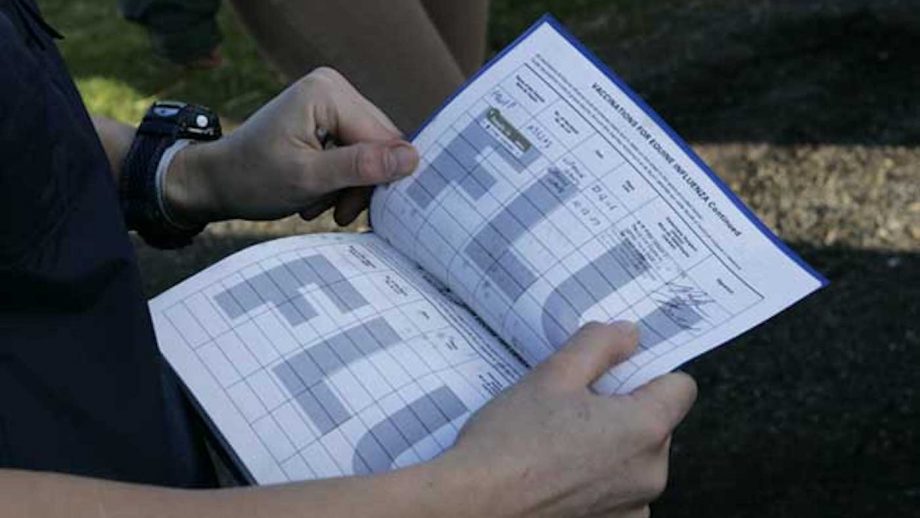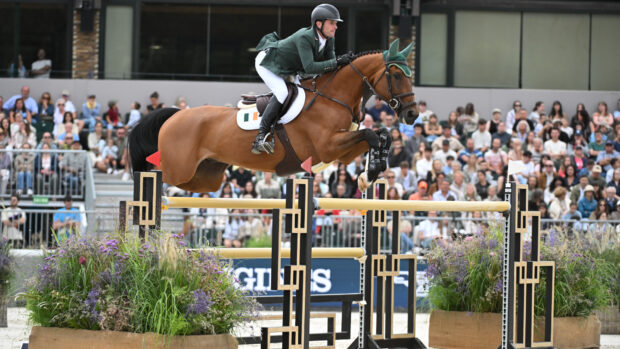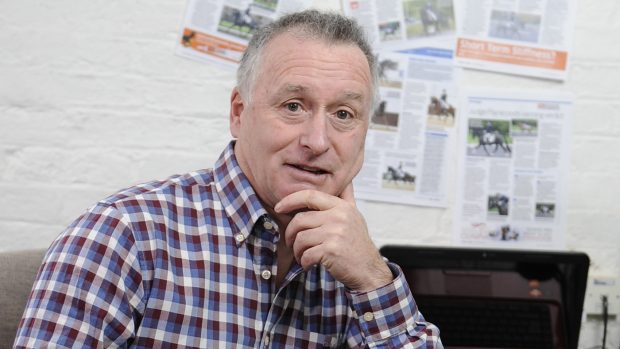The FEI has approved a temporary change to its veterinary rules, removing the need for six-monthly equine flu vaccination, in response to the shortage of vaccines.
H&H has reported on supply problems caused by an issue faced by manufacturer Boehringer Ingelheim, in light of which British governing bodies have temporarily changed their guidance.
At a meeting yesterday (8 September) the FEI board agreed to extend the booster interval from six to 12 months, “in combination with increased disease surveillance and a higher level of general biosecurity”.
To help fulfil the caveat, FEI vet rules concerning testing horses for equine herpes virus (EHV-1) will be expanded to include testing for equine flu.
“In their review of the potential impact of the vaccine shortage, the FEI epidemiology group found that even a short interruption to vaccine supplies could have a significant impact on several types of sport, breeding and leisure horses,” said FEI veterinary director Göran Akerström.
“However, the horses with the highest risk of developing a disease, including life-threatening conditions, are horses aged up to four that do not yet have a strong immune defence against equine influenza. In particular, equine sectors with young horses, such as breeding and horseracing, could face serious horse welfare problems if vaccines are not available to them. Old, retired horses could also be at a high risk.
“This is why the FEI veterinary epidemiology working group has advised that middle-aged equines, like FEI horses that are at least six years old and that have been vaccinated on a regular basis, are considered better protected because of a longer vaccination history. The group was in agreement that a temporary extension of the booster intervals would not put the FEI population of horses in danger of developing disease, while making vaccines available to the more high-risk equine groups in the short term. The equestrian community now needs to work together to mitigate a very challenging shortage of vaccines.
“The extension is only a temporary solution and only possible because FEI horses are well protected, having been vaccinated every six to 12 months, often for many years. We will revert to the six-month booster interval as soon as the vaccine availability is back to normal as we need to continue building on this collective immunity for the long term.”
As is the case under the usual rule, horses must not have had a booster within seven days of arrival at a competition. The FEI said it will monitor the situation and provide regular updates.
You might also be interested in:

Equine flu vaccination deferrals advised as vaccine shortage affects UK first

‘We’re trying to make sure everyone’s protected’: experts working on equine flu vaccination shortage

Subscribe to Horse & Hound magazine today – and enjoy unlimited website access all year round
Horse & Hound magazine, out every Thursday, is packed with all the latest news and reports, as well as interviews, specials, nostalgia, vet and training advice. Find how you can enjoy the magazine delivered to your door every week, plus options to upgrade your subscription to access our online service that brings you breaking news and reports as well as other benefits.




